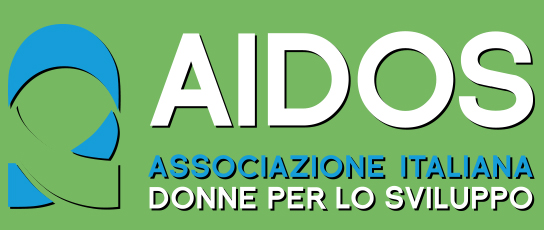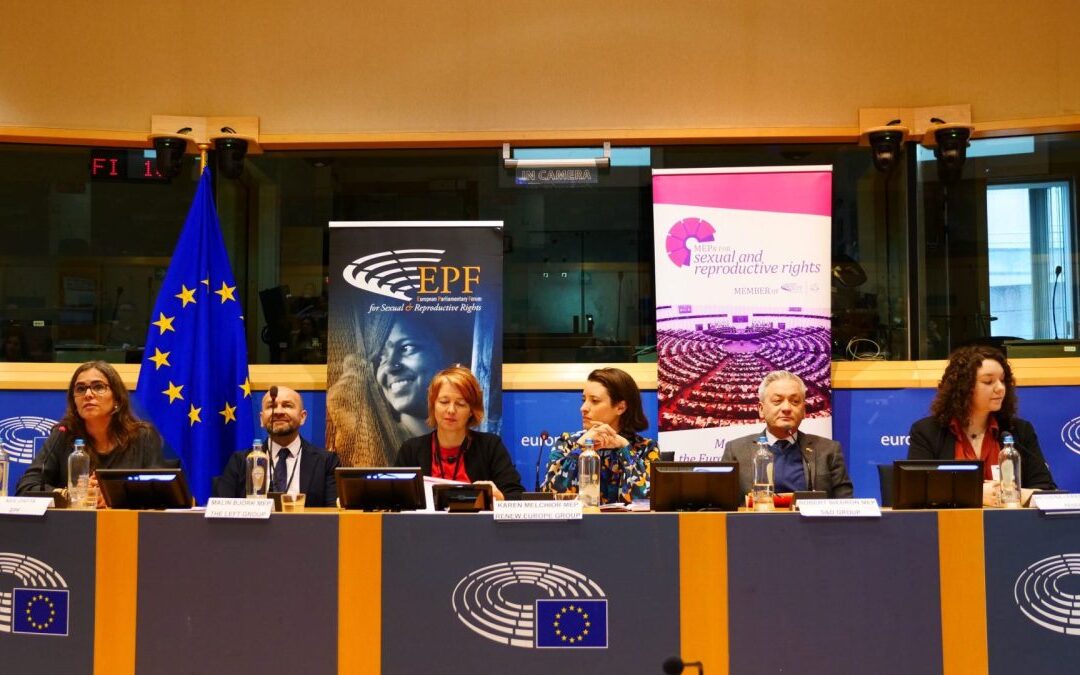On Valentine’s Day 2024, EPF – European Parliamentary Forum launches the seventh edition of the Atlas of contraceptive policies in Europe. Aidos has supported the initiative for a while and has shared this important tool which outlines very clearly the European and Italian situation. Access to contraception should be among governments’ priorities to allow people to plan their lives and their families, guaranteeing freedom of choice and the right to decide if, when, with whom to have children and the number and spacing of them. However, the Atlas – a map that classifies 46 countries across geographical Europe based on their policies for accessing supplies, advice and online information – continues to reveal a very uneven scenario across Europe.
Currently, only 10 countries – representing 21% of the countries analyzed – provide exceptional government websites. The research also shows that 94% of the countries analyzed include counseling within the national system.
In 2024, the best performing countries are Luxembourg, the United Kingdom, France and Belgium, followed by Ireland and Slovenia. In these countries, important progress has been made in terms of contraceptive policies. The European countries at the bottom of the list are Poland, Hungary and Armenia.
Click HERE to download the European Contraception Policy Atlas 2024
Remember that by downloading the Atlas you will be able to:
– discover national and European data in terms of access to supplies, advice and information online;
– interact with parliamentarians in your countries, civil society and United Nations agencies to improve access to contraception in Europe.
A group of experts in sexual and reproductive health and rights created the questions that guide the research and structure of the Atlas. They come from the medical, academic, political, youth activism and civil society fields, with many years of experience and from Eastern and Western Europe. This group continues to provide fundamental guidance to the project as the Contraception Atlas evolves.
Click HERE to find information on the methodology and Atlases from previous years.

